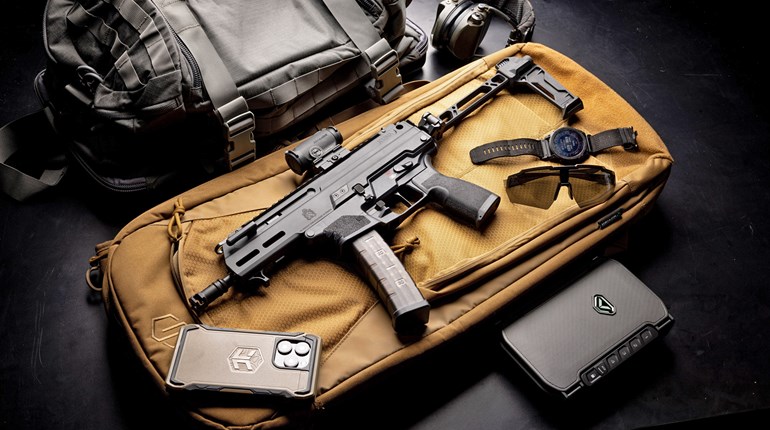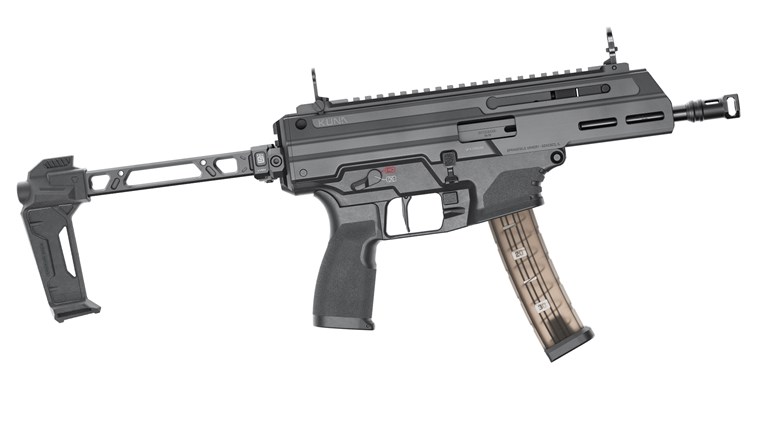
In the world of the armed professional, to include military, federal agencies, law enforcement and protective services, firearm qualifications serve as the bedrock for maintaining the highest standards of proficiency and readiness.
Qualifications ensure that employed personnel possess the requisite skills and competence to carry out their duties effectively and safely. The nature of such work demands a level of accuracy and precision that can only be achieved through continuous training and assessment. By setting specific standards and benchmarks, shooting qualifications allow agencies to gauge the proficiency of their personnel, identify areas for improvement, and take necessary measures to enhance performance.
Such qualifications promote consistency and uniformity in training across various agencies and jurisdictions. They establish a common baseline for skill development, ensuring that all armed professionals are equipped with a standardized set of capabilities. This consistency fosters seamless collaboration and interoperability among different entities during joint operations or emergency situations. When faced with high-stress scenarios, armed personnel who have undergone rigorous shooting qualifications can rely on their training to make split-second decisions and act with confidence.
Additionally, shooting qualifications play a pivotal role in liability reduction for federal and state law enforcement agencies. In the event of an officer-involved shooting, agencies are scrutinized not only by the public, but also by legal authorities and oversight bodies often leading back to training and qualifications. By mandating regular shooting qualifications, agencies can demonstrate their commitment to maintaining the highest standards of professionalism and responsibility.
Shooting qualifications serve as a catalyst for continuous improvement and growth within the professional training community. By regularly assessing officers' shooting skills, agencies can identify emerging trends, best practices, and technological advancements. This knowledge can be leveraged to refine training curricula, update policies, and adopt new equipment or techniques.
Proficiency in firearm handling and marksmanship directly correlates to the ability to neutralize threats efficiently and minimize collateral damage. The more proficient the armed professional, the better equipped they are to protect themselves, their colleagues, and the public they serve.
In the world of competition shooting, competition shooting qualifiers, often held as part of organized shooting events, serve to evaluate a shooter's abilities, measure their performance, and provide valuable feedback for improvement. These qualifiers present shooters with challenging scenarios, designed to test their speed, accuracy, and decision-making under pressure. By participating in these events, shooters can gauge their skills against a diverse field of competitors, allowing for a healthy benchmarking process.
One of the key benefits of competition shooting qualifiers is the opportunity they provide for shooters to push their limits and enhance their shooting proficiency. The dynamic nature of these events requires participants to perform at their best while adhering to strict rules and regulations. The pressure of competing against skilled shooters, combined with the time constraints and precision demands of the qualifiers, pushes individuals to refine their technique, improve their speed, and develop mental resilience.
Competition shooting qualifiers also serve as a powerful motivational tool. The desire to excel and achieve personal goals can ignite a competitive spirit within shooters, driving them to train harder, refine their technique, and overcome any hurdles they may encounter along the way. The sense of accomplishment derived from successfully completing a competition shooting qualifier fuels the fire within, motivating shooters to continuously strive for improvement and reach new levels of competition performance.
Outside the world of the armed professional and the competitive shooter, defense-minded civilians are not required to pass or train for an agency qualification. The skill level and proficiency of the civilian shooter (aside form those mandated by state requirements) is left entirely up to the discretion of the gun owner.
Shooters who take professional shooting classes by well-known instructors are often times offered an opportunity to pass a standard as set by that instructor. Passing such standards can earn the shooter coveted pins, coins, cards, patches and the like which separate them from those who are still working on attaining the skills it takes to meet that shooting standard.
Training for armed-professional qualifications, competition qualifiers, taking classes on your own time and your own dime, and then placing your skills under pressure inside simulators, virtual training, force-on-force training or competition each contribute to an individual’s depth of shooting.
Playing the devil’s advocate, one may ask is it better to train for a specific qualification, competition qualifier, private school shooting standard or gain an overall well-rounded depth of shooting exceptionally well? Proponents from each camp state the critical importance of possessing a wide range of shooting skills. The greater your depth of shooting the more reliable your on-demand performance.
Only you as the shooter can answer the question; What are shooting goals and objectives? for yourself. Do you train to keep your job, maintain your current competition classification, earn a trending patch, or prepare for that moment where such skills may be called upon to solve a difficult real-world tactical problem? Your answer sets the margins for your depth of shooting and attainment of relevant standards.



































